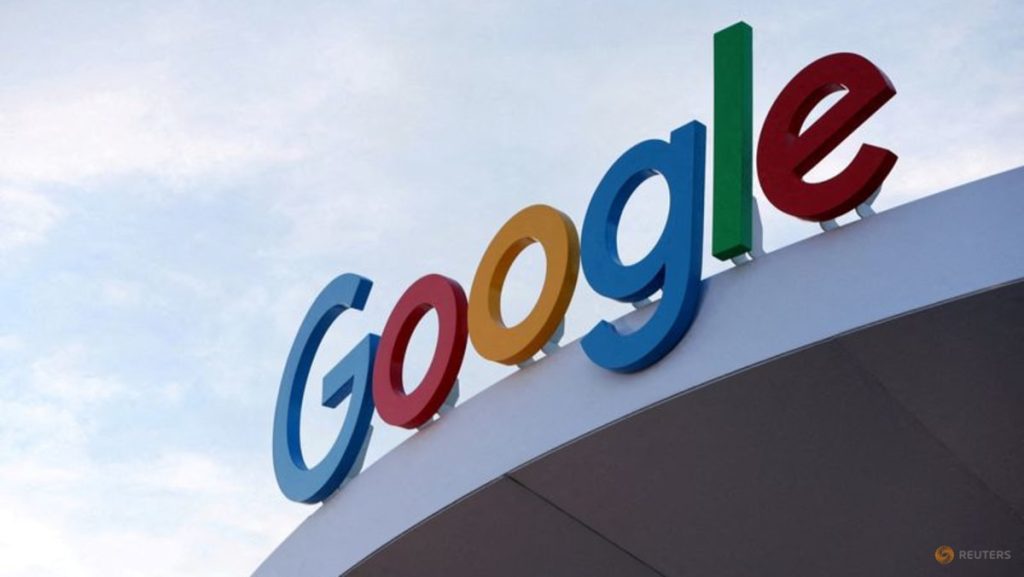The owner of Rolling Stone, Billboard and Variety sued Google on Friday, alleging the technology giant’s AI summaries use its journalism without consent and reduce traffic to its websites.
The lawsuit by Penske Media in federal court in Washington, D.C., marks the first time a major U.S. publisher has taken Alphabet-owned Google to court over the AI-generated summaries that now appear on top of its search results.
News organizations have for months said the new features, including Google’s “AI Overviews,” siphon traffic away from their sites, eroding advertising and subscription revenue.
Penske, a family-owned media conglomerate led by Jay Penske and whose content attracts 120 million online visitors a month, said Google only includes publishers’ websites in its search results if it can also use their articles in AI summaries.
Without the leverage, Google would have to pay publishers for the right to republish their work or use it to train its AI systems, the company said in the lawsuit. It added Google was able to impose such terms due to its search dominance, pointing to a federal court’s finding last year that the tech giant held a near 90 per cent share of the U.S. search market.
“We have a responsibility to proactively fight for the future of digital media and preserve its integrity – all of which is threatened by Google’s current actions,” Penske said.
It alleged that about 20 per cent of Google searches that link to its sites now show AI Overviews, a share it expects to rise, and added that its affiliate revenue has fallen by more than a third from its peak by the end of 2024 as search traffic declined.
Online education company Chegg also sued Google in February, alleging that the search giant’s AI-generated overviews were eroding demand for original content and undermining publishers’ ability to compete.
Responding to Penske’s lawsuit, Google said on Saturday that AI overviews offer a better experience to users and send traffic to a wider variety of websites.
“With AI Overviews, people find Search more helpful and use it more, creating new opportunities for content to be discovered. We will defend against these meritless claims.” Google Spokesperson Jose Castaneda said.
A judge handed the company a rare antitrust win earlier this month by ruling that it will not have to sell its Chrome browser as part of efforts to open up competition in search.
The move disappointed some publishers and industry bodies, including the News/Media Alliance which has said the decision left publishers without the ability to opt out of AI overviews.
“All of the elements being negotiated with every other AI company doesn’t apply to Google because they have the market power to not engage in those healthy practices,” Danielle Coffey, CEO of the News/Media Alliance, a trade group representing more than 2,200 U.S.-based publishers, told Reuters on Friday.
“When you have the massive scale and market power that Google has, you are not obligated to abide by the same norms. That is the problem.”
Coffey was referring to AI licensing deals firms such as ChatGPT-maker OpenAI have been signing with the likes of News Corp, Financial Times and The Atlantic. Google, whose Gemini chatbot competes with ChatGPT, has been slower to sign such deals.


